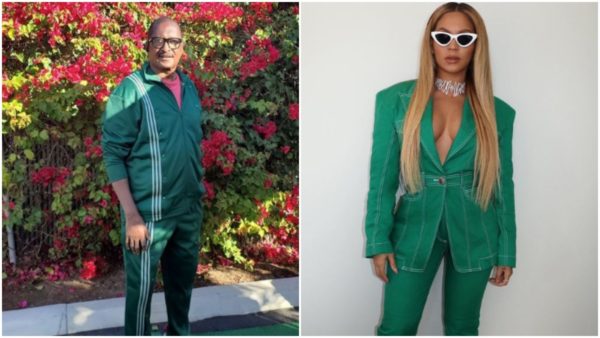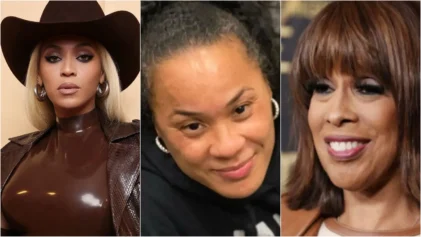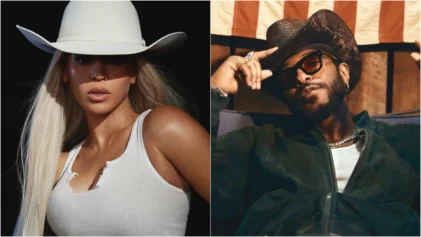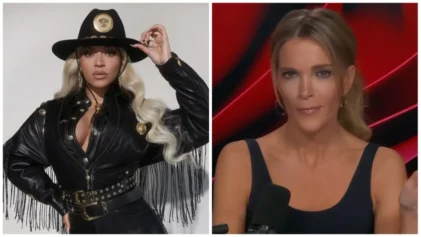Mathew Knowles is somewhat an open book as it pertains to managing one of the most successful girl groups ever, Destiny’s Child.
While he often gives fans hope that the trio — Beyoncé, Kelly Rowland and Michelle Williams— will reunite for a last hurrah album or tour, it’s seldom that he details the barriers the group encountered while etching out their space in the music industry. However, Knowles, did just that when speaking on the group’s experience with racism early on in its career.

“In the 90s record labels had their urban division, or sometimes it was called the Black music division. There was segregation inside of these manor record labels,” explained the music executive on the “Allison Interviews” podcast. Though the “racism” he references was not egregious acts committed towards the young women, it was the type of of discrepancies in funding that made it clear a Black group would have less backing than their counterparts without first proving themselves worthy.
“Because I also managed white artists, I got to see all of the budgets,” he continued. “There was a great difference in a Black artist’s or ‘urban division’s’ marketing budget from that of a white artist’s budget and the regular pop music division’s budget.”
In a rare interview with Harper’s Bazaar, Beyoncé opened up about feeling the weight of being a Black artist early on in her career.
“I wanted to break all of the stereotypes of the Black superstar, whether falling victim to drugs or alcohol or the absurd misconception that Black women were angry,” explained the 28-time Grammy-winning artist. “I knew I was given this amazing opportunity and felt like I had one shot.”
But with more than two decades in the industry and worldwide star power, Beyoncé ushered in an evolution of her music and persona when she began to cosplay Black resistance.
One instance of musical talent doing so was her 2016 Super Bowl performance. Beyoncé and her fleet of female dancers all absorbed outfits, including berets, that were reminiscent of the Black Panther Party. The performance included them all raising a fist, sending a clear message.
Though legions of fans loved the performance, Knowles says his daughter paid a cost. “She lost some of her endorsements, she lost a lot of her white fans, a lot of her white fans,” revealed Knowles. “I don’t think Black people know, we see these leaders the price that they pay, and sometimes it’s their life.”


